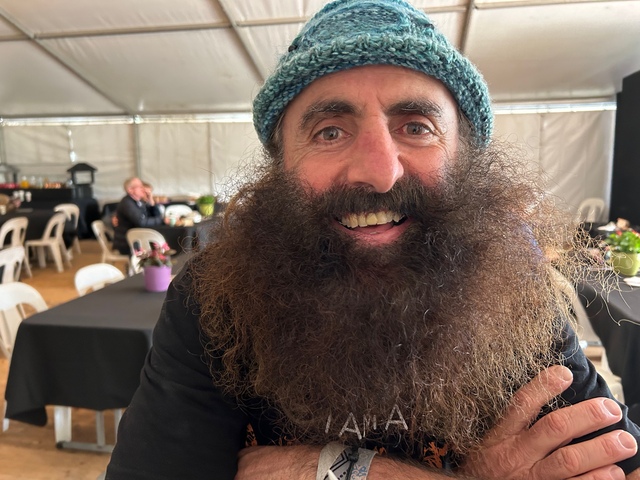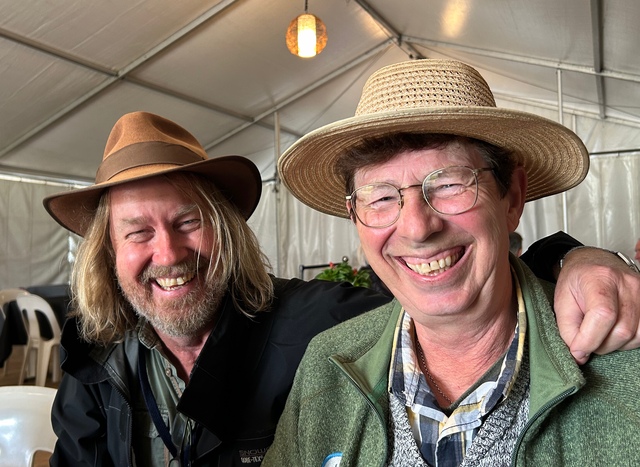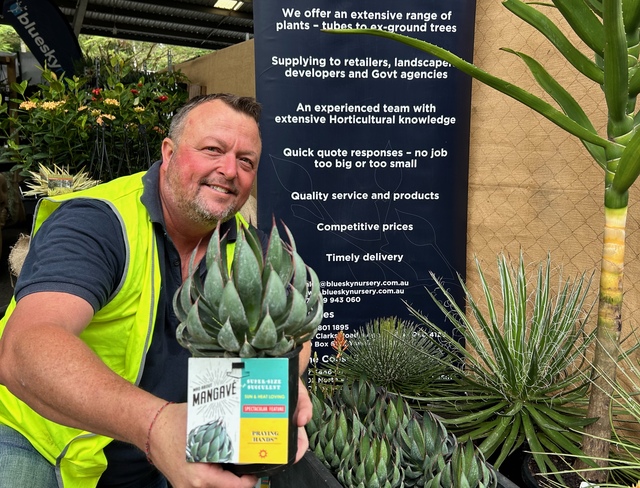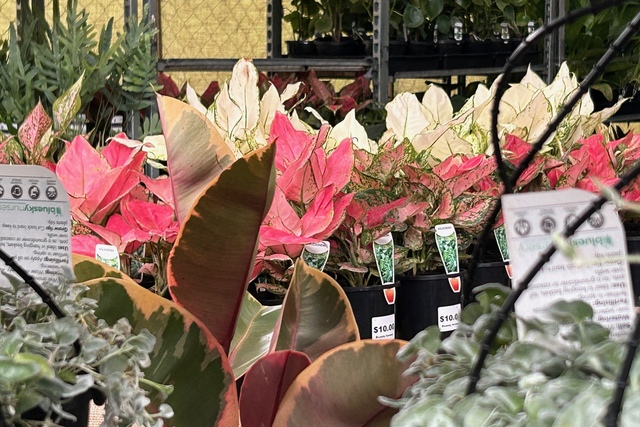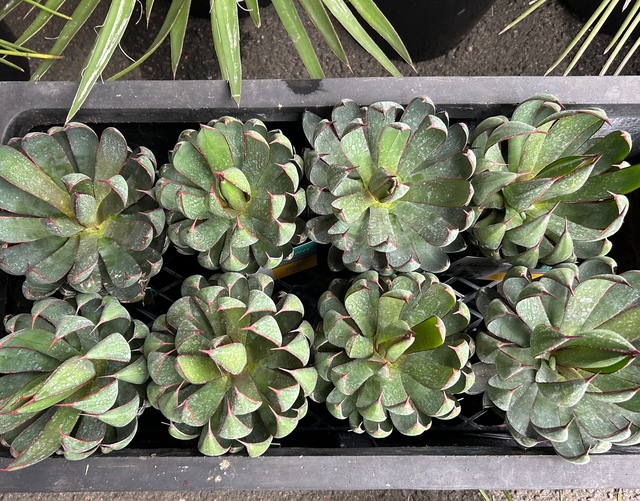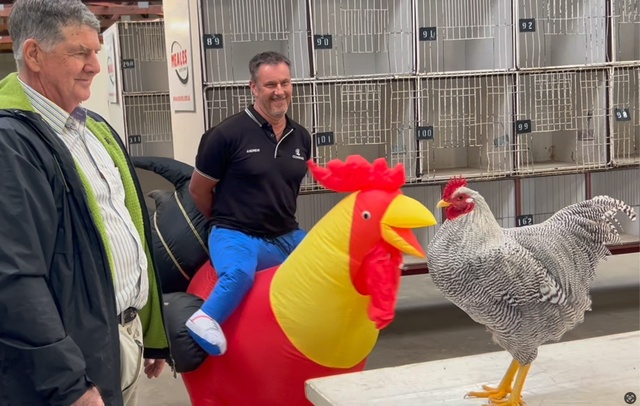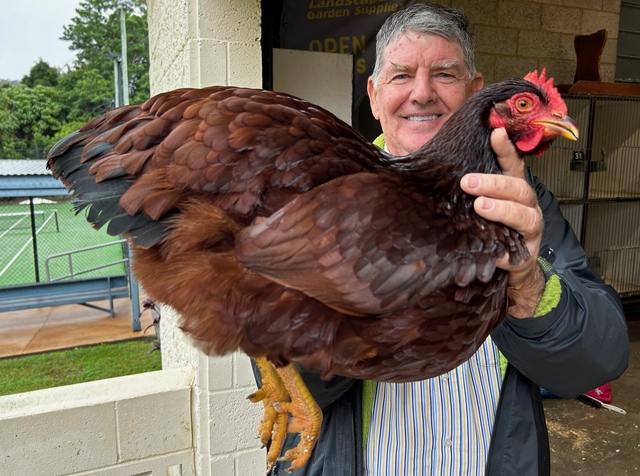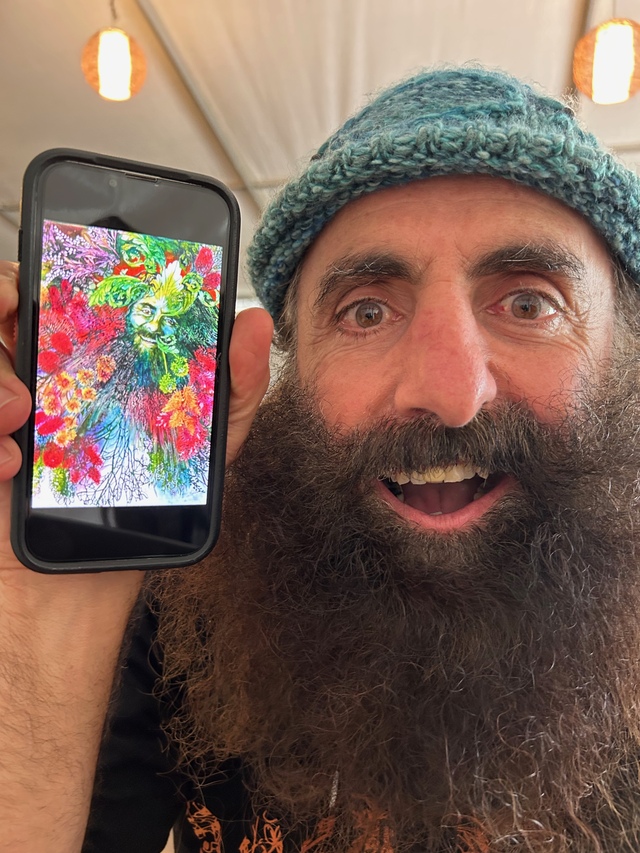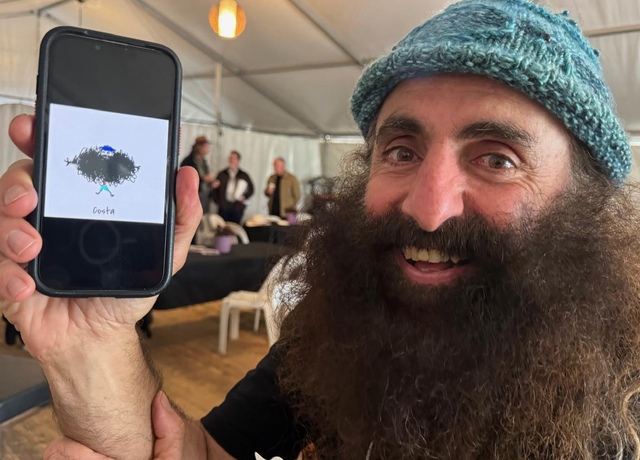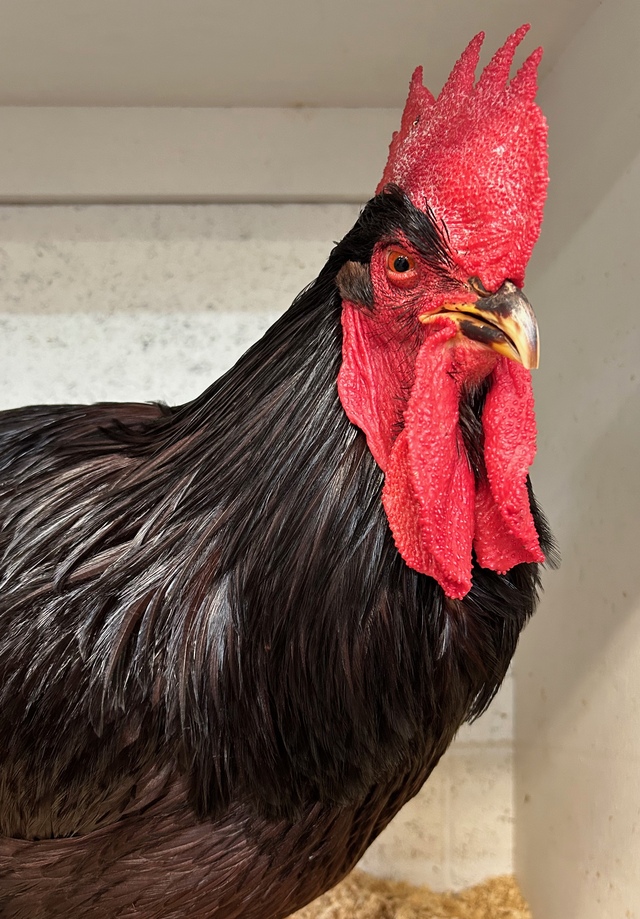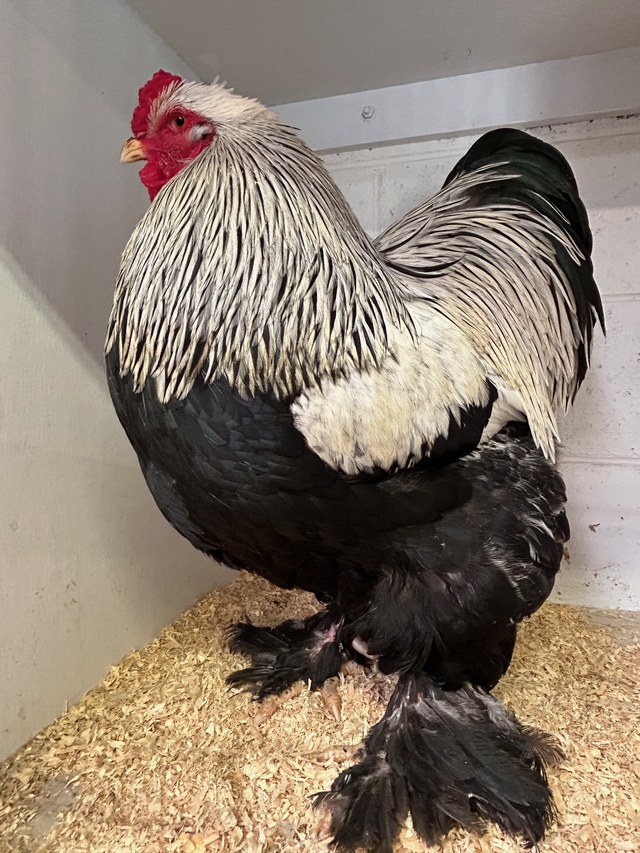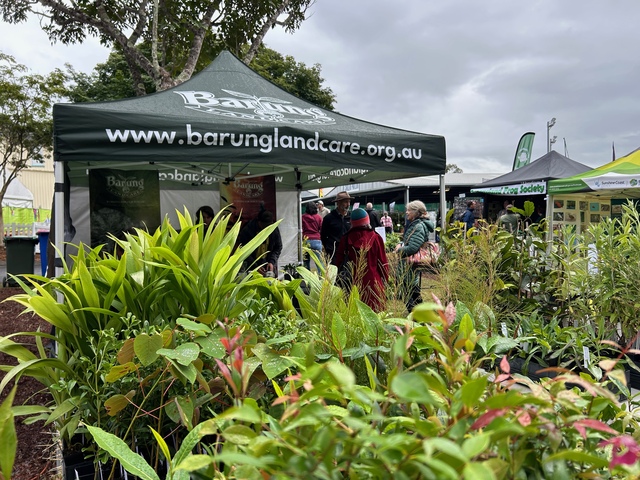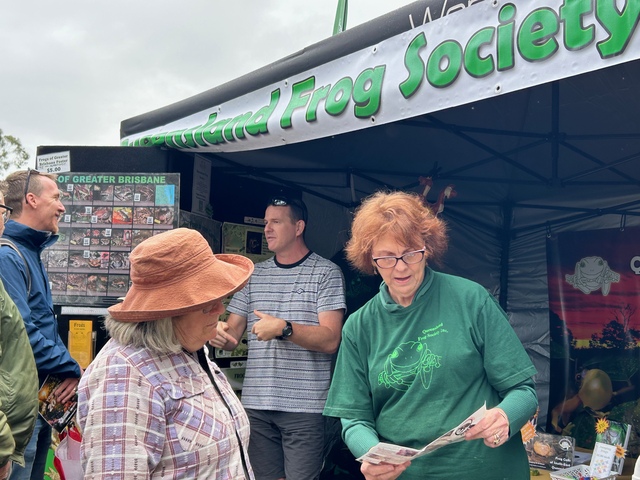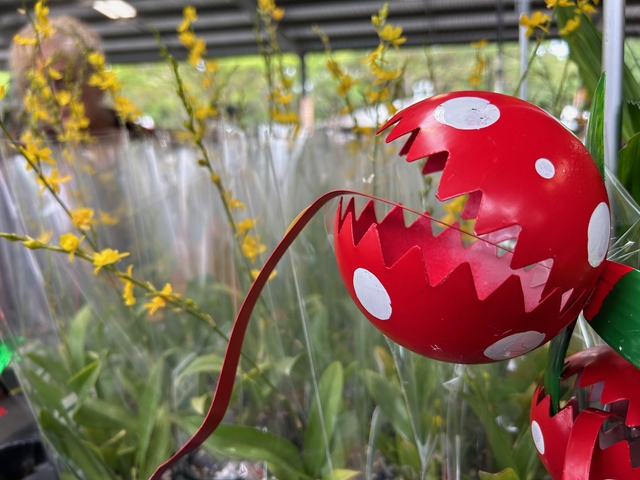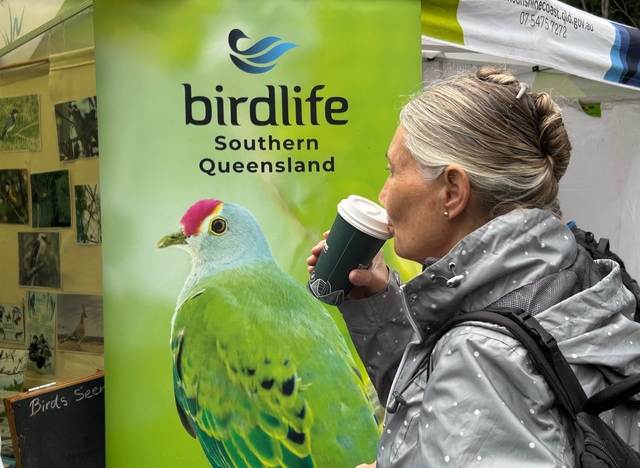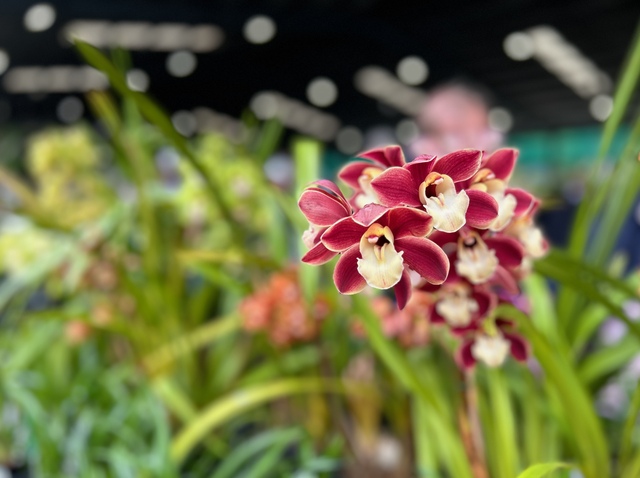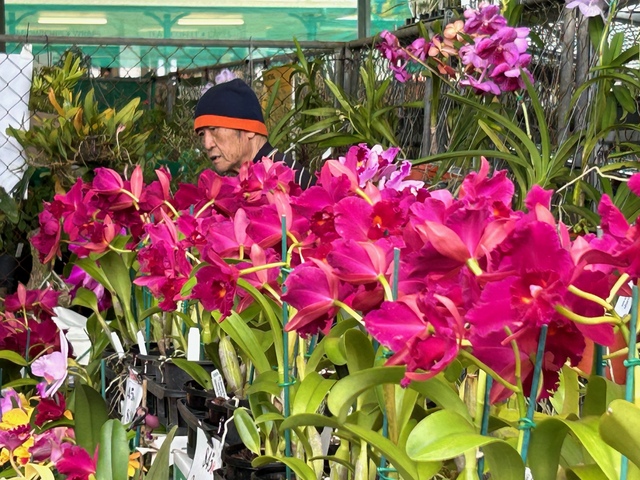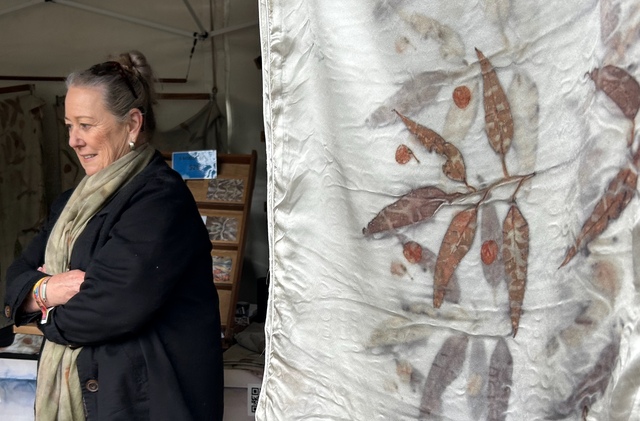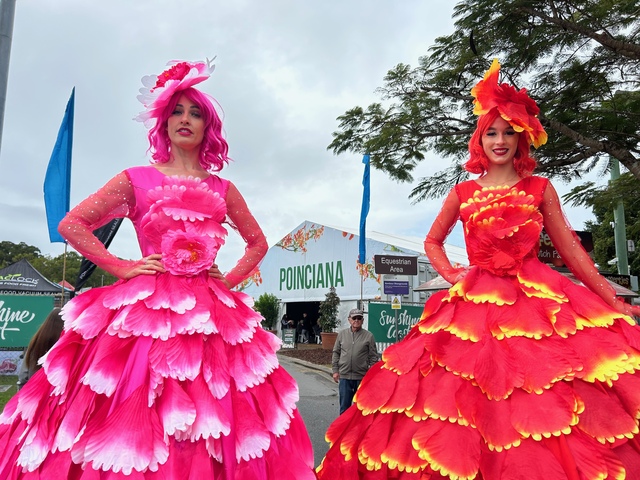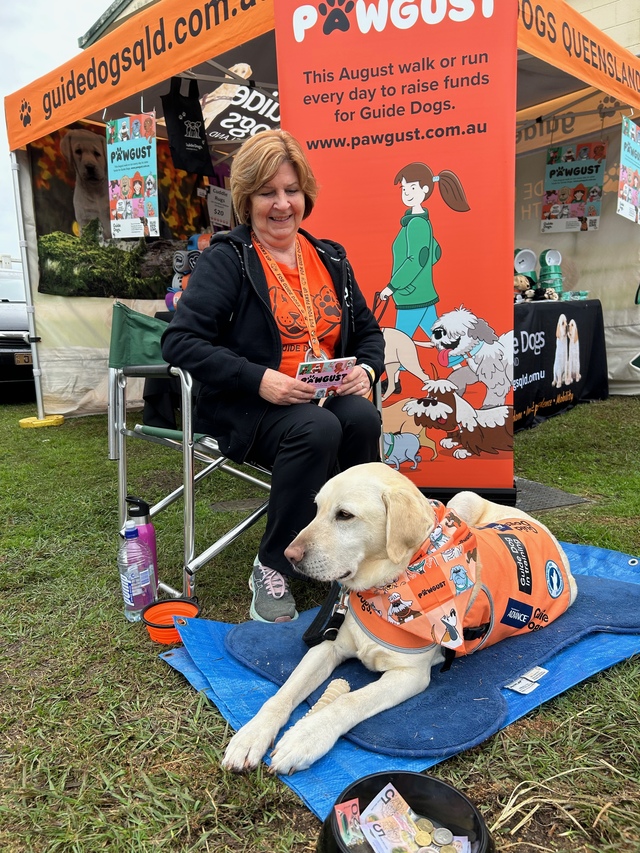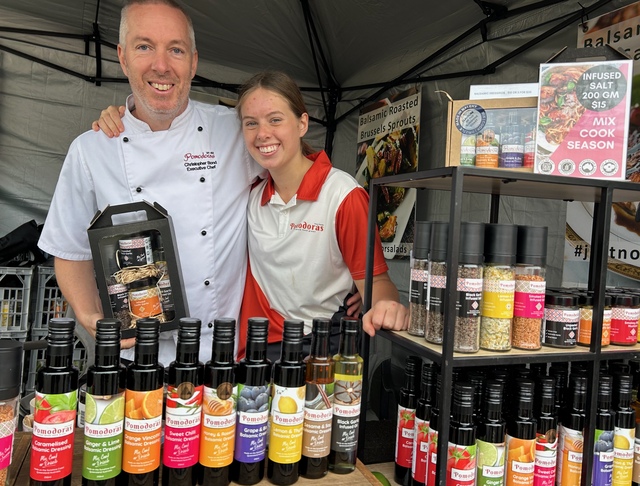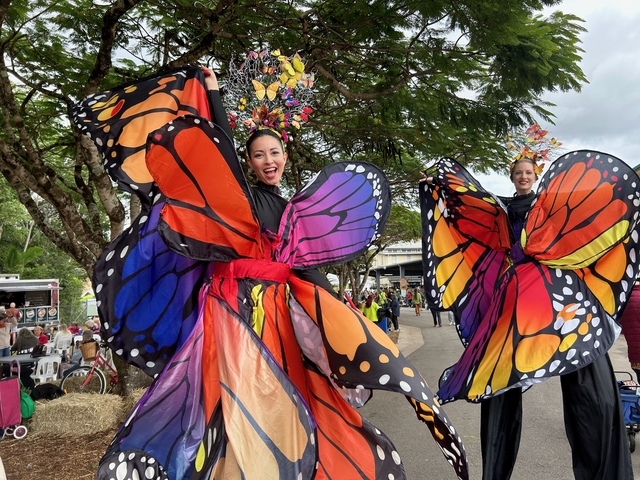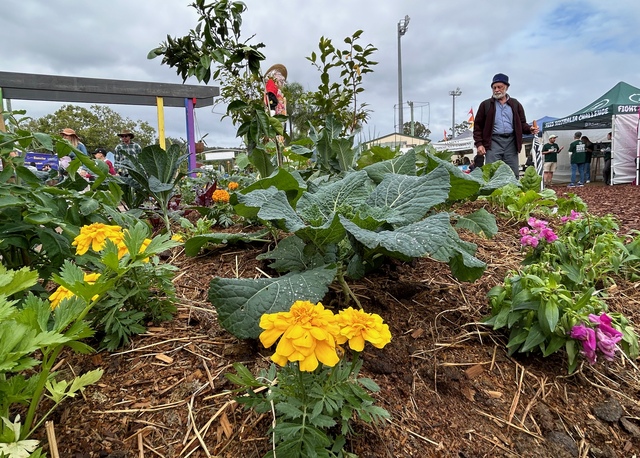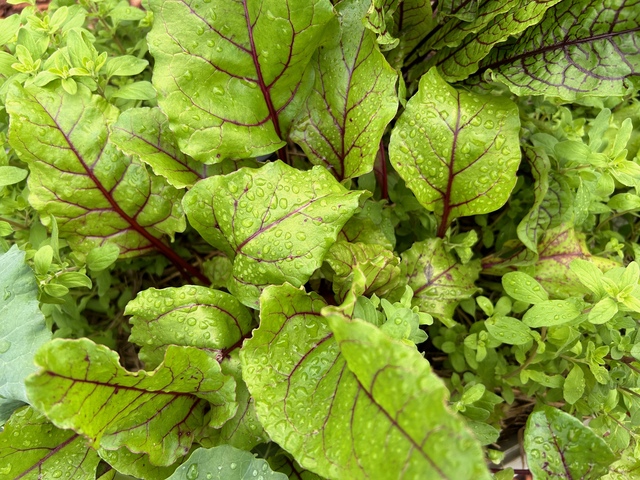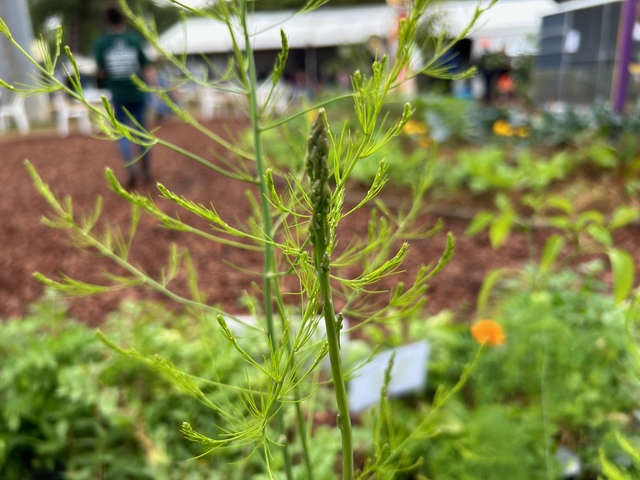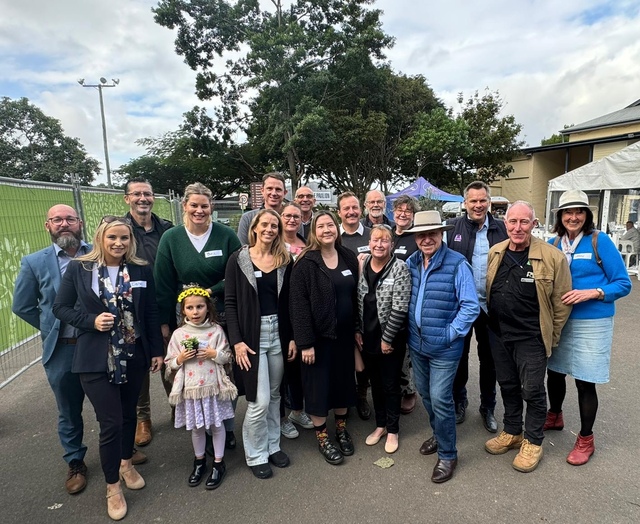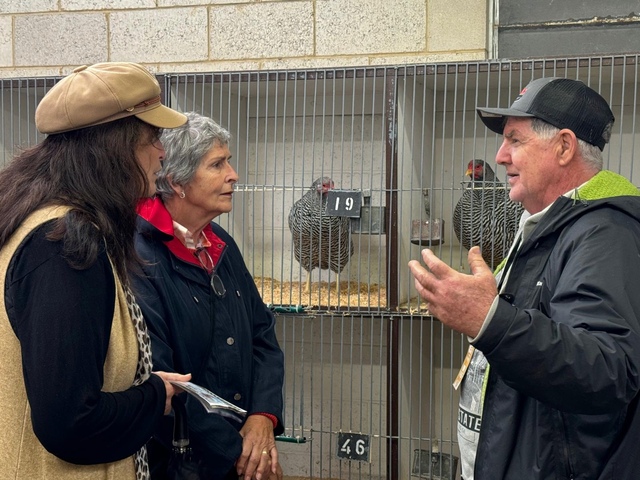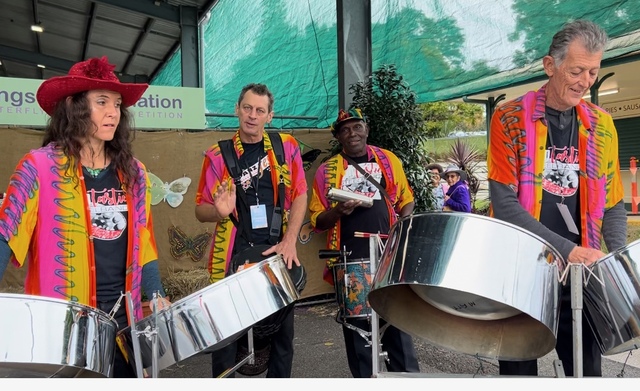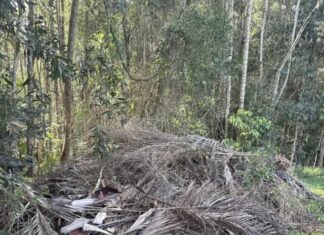Gardening appeals to people of all ages and backgrounds, and there is nobody better to talk about its value to the community than Costa Georgiadis. ERLE LEVEY was at the 40th Queensland Garden Expo and caught up with Australia’s most famous landscape architect and TV presenter.
Behind every great gardener is a sense of community.
That was no better illustrated than at the 2024 Queensland Garden Expo, held over four days at Nambour Showgrounds.
The value of gardening and the appreciation of the Australian landscape can easily be taken for granted.
Yet it makes an enormous contribution to communities, binding them together through a variety of ways to create a rich tapestry of life.
Someone who knows a lot about the way gardening can weave its way through society is Costa Georgiadis – Australia’s most famous landscape architect and TV presenter who has an all-consuming passion for plants and people.
Costa always has time to stop for a chat or a photograph as he makes his way through the crowds at the garden expo.
“I’m just at the bus stop,’’ he texts, and almost an hour later appears at the marquee. Blue beanie, orange-rimmed sunglasses and another of his famous T-shirts with a message. This time it’s “I’m a WILD wildflower lover.’’
“I’m pretty chilled,’’ he announces.
“I was going to be going away but have stayed at home. There’s a bit going on.
“There’s this Brisbane exhibition, the Bradley Art Prize, that is receiving submissions from people right around the country. They are drawing, painting, doing ceramics, dolls, crochet, glass images of me.
“Brad is the traffic guy on ABC Radio in Brisbane and it’s in conjunction with them. They’ve done Jenny Woodward and this year they’ve asked me to do it.
“Some of the stuff coming in is quite extraordinary. It’s going to be judged and the winning ones are going to be in the art gallery for six months.
“The creativity of some people is mind-blowing – the ones that are coming in are seriously next level.’’
There’s one with leadlight that’s a pretty impressive piece. Another looks like a giant squiggle and highlights his beard.
You must be so proud, I suggest. You’ve inspired people.
“No, it’s so humbling,’’ Costa replies.
“The idea is people do it for the creative aspect.
“That thought that they’ve been sitting there thinking about you, planning it – it’s very humbling. Seriously, I’m blown away by what people can aspire to.
“For me, the interesting thing about something like the art prize is – or whether it be the Logie awards or the APRA awards – that kind of recognition is, for me, if people are voting or doing a portrait because they’re excited, then that’s a case of them looking at what I’m looking at or focussing on.
“It means all of those community groups – whether it be birdlife clubs, wildlife groups, community garden groups, junior landcare or citizens’ science associations – then if someone does a portrait, then they’re looking at that through me.
“Any of this material that’s centred on me, the way I see it is I’m merely a vehicle or a lens for them to focus on the things that matter.
“If it’s a portrait or if it’s an award, then you’re voting for nature, you’re voting for plants, you’re voting for people who are gardeners and who have a passion for growing things and sharing that passion.
“It’s a really easy position to have now, whereas early on you wonder what it means. But it became clear, very quickly, that if people are looking at me they are looking at what I’m looking at.’’
Your general role in the community is very established, you have a very strong community interaction… gardening has that affect as well doesn’t it?
“I’m still involved with local primary school, junior landcare … all of those activities you know. We refurbished the nature pond at the school – that was gifted to the school by the year six class in 2003. I refurbished it in 2012 and we refurbished it again a couple of months ago.
“It’s been 12 years but it was really important for me to explain to the current kinders and children there that this was the vision of the year sixers back then, and it’s our role to continue the story.
“We have to continue with that cultural brush and keep adding to the canvas of the school.
“You might be the year six of 2024 or the year one, and you will have to carry the baton.
“For 18 years we have had this event called the sportathon. It’s a simple little fundraiser for the school in which I get dressed up and the kids run around doing 12 different activities in the playground.
“It brings the parents in, so they have skin in the game. The children have skin in the game and we just come up with ideas around the theme.
“Just recently, I bumped into a girl in Melbourne in an organic veggie shop.
“She used to go to the school and didn’t like sport but enjoyed the sportathon because we made it fun.
“That was seven years ago. We made a memory – that’s one of the most powerful things about gardening.
Costa continually inspires those around him through the value he places on gardening, and the many riches it brings to peoples’ lives.
“It sows hope with everything you do,’’ he said, “but it also makes memories – so if you see certain flowers, you associate with that.
“I associate flowers with my grandparents, with my mum, with neighbours and with family members … that is the seam of gold in life.
“The real riches of gardening is the fertility. It’s like laying the compost. It’s the memories that are the pure riches.
“It’s not gold, as in money. It’s gold as in that’s what life is all about.
“When it’s all whittled away, what do we take with us? What do we leave behind?
“It’s not about the empire. It’s not about the buildings. It’s about how you make people feel.
“Gardening can make them feel good. The school garden connects children to nature.’’
In terms of his commitment to the broader community, Costa maintains that his work with many different groups is what brings meaning to his career.
Forty years ago – at the time the garden expo was starting – he was entering university and getting started with his landscape architecture degree. At the time he had a little business mowing lawns and doing garden maintenance but also worked at a local function centre to help get through uni.
“Everything is about getting connected to landcare groups, the native bee associations, to the biodiversity builders … all of these different groups that are out there.
“They are building a web of connection … like everything we do, when we talk about it, when you see the kitchen garden here – the thing I like about the kitchen garden is that it’s compact, it’s in a tight area. It’s like being in a kitchen at a party.
“That’s what you want. You want to collect that energy.
“Gardening is this Trojan horse – it’s not political, it’s not intimidating, it’s an all-inclusive and welcoming activity.
“You could call it a sport. You could call it a science. You could call it an art.
“It’s a chance for anyone … it’s for all ages. It’s intergenerational, with or without skills.
“Anyone can find this passion through trial and error, through persuasion and through persistence.
“I love going to gardens where people don’t have a trained background but have found their passion.
“We’re doing a story on this guy who started with his indoor plants, and he loved them. He started to put some videos on the internet and then a bit more, and now he’s got a quarter of a million subscribers.
“He’s left his corporate job and is just doing plants. He never thought about it but his passion found him. He didn’t think that Gardening Australia would be coming to his house. Something just clicked.’’
I tell Costa about the Slow Food Snail Kids program operating at schools in the Noosa area, getting students into nature and learning about where their food comes from, and why it’s important to source food locally.
“You have to keep reminding students,’’ he said.
“There is so much knowledge available to children and the way they respond is just remarkable.
“When you look at at the pace children are being driven. Thirty seconds is the time in which you have to attract attention.
“It’s part of the world – but it’s not ’the’ world.
“The best part of gardening is it dissolves that pace and everything goes at nature time.
“Nature has set up a different framework so that people can adjust their lens of life and look at the world differently … it’s really nice.
“It’s incumbent on us, as adults, to provide that opportunity, that lens, so that they can see it as a multi-focal lens and not just to zoom close up.
“They have to understand that there’s a rhythm that has always existed.’’
This is why events such as the Queensland Garden Expo, this year celebrating its 40th year, are so important to the fabric of society.
They bring together passionate people such as Costa, who remind us how important our role can be in inspiring youth to see the bigger picture, and through something as enjoyable as gardening, change the lives of others for the better.

